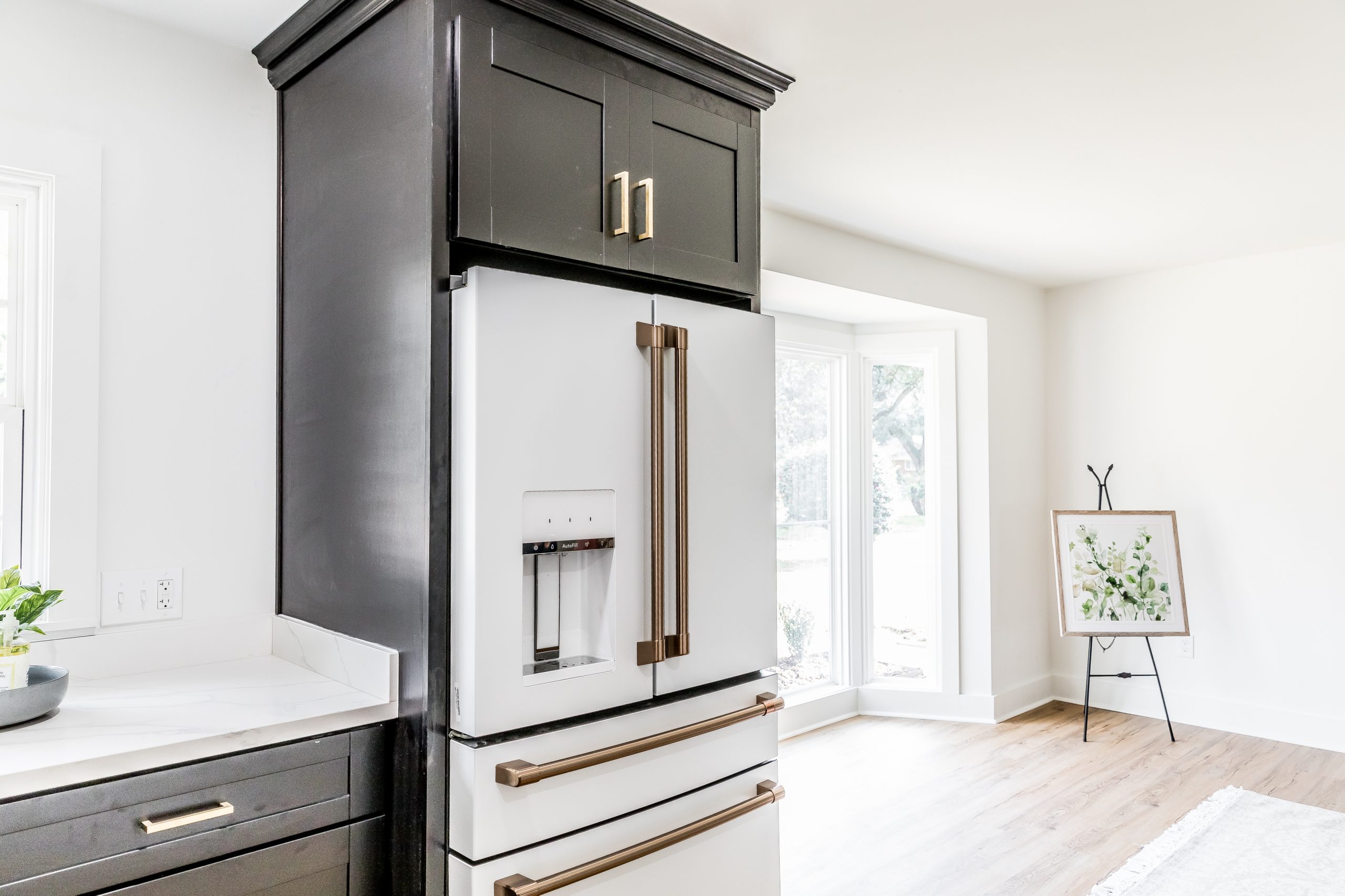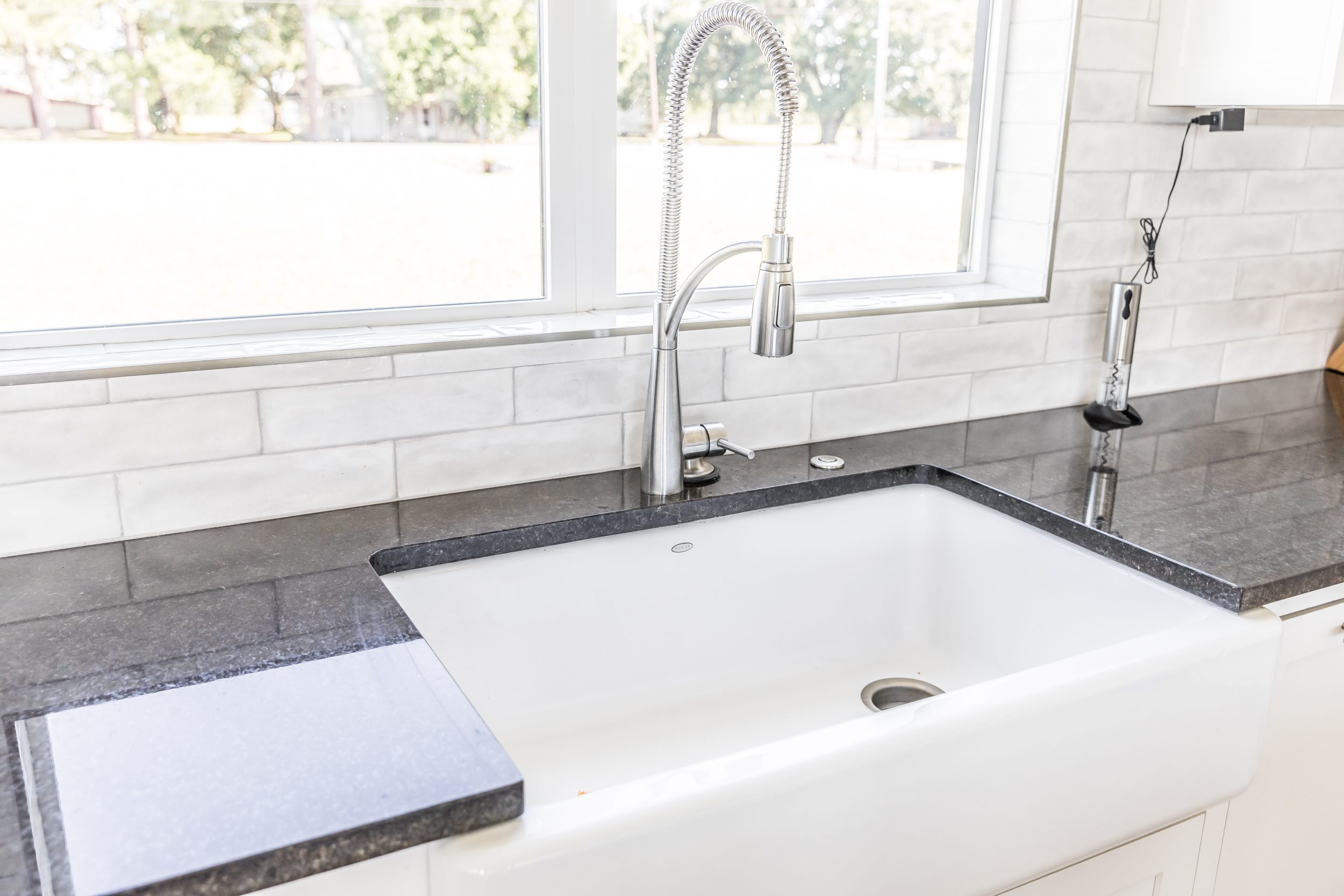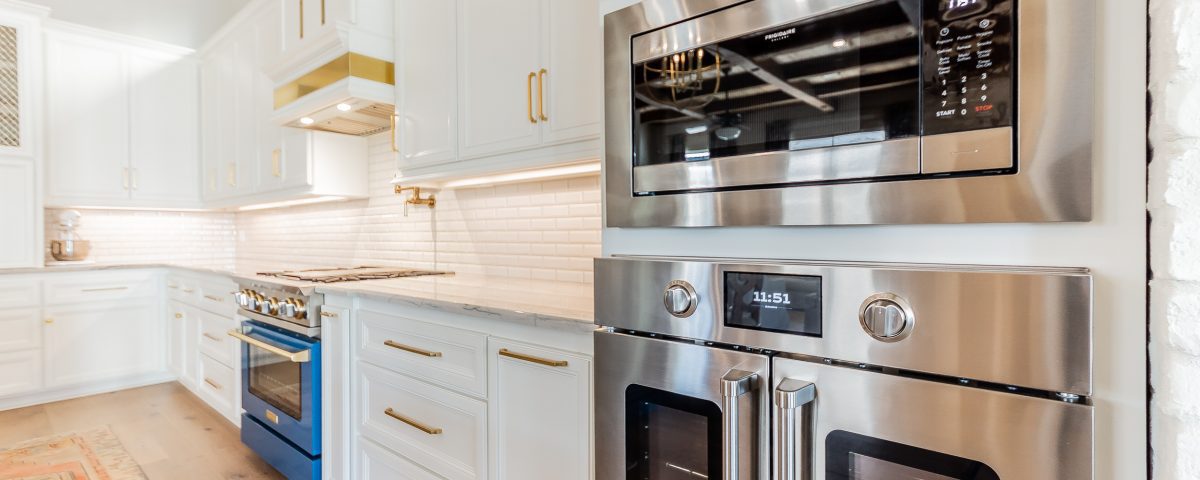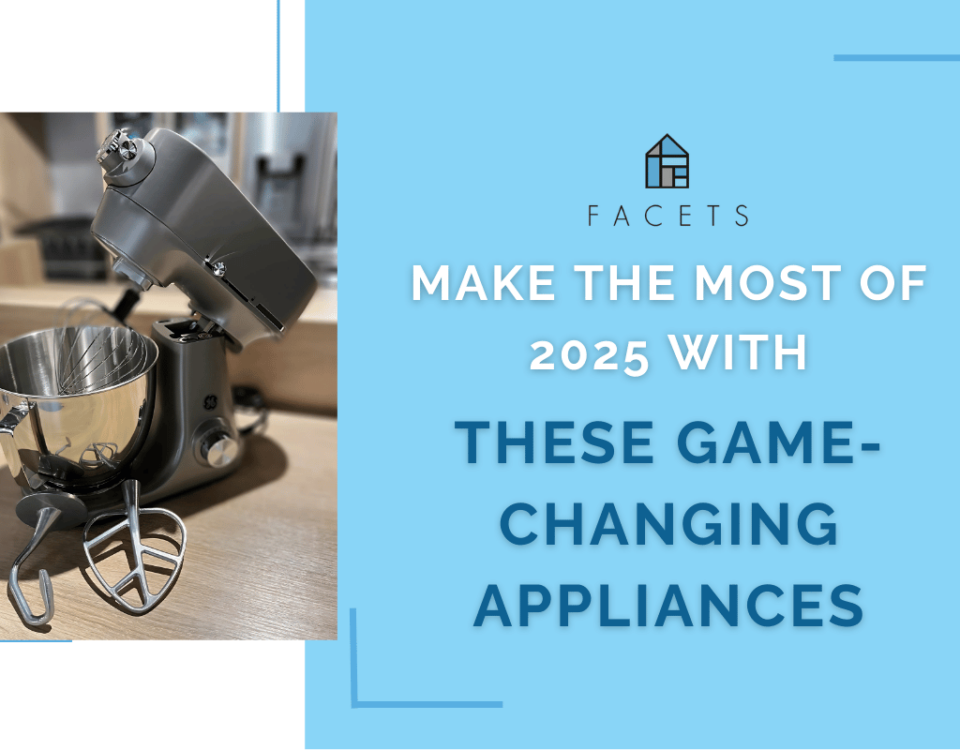
How Do I Choose the Right Refrigerator Type for My Home?
August 11, 2022
4 Easy Tricks to Clean Your Kitchen Faucet
September 15, 2022Like every other year, extreme weather is expected during the Atlantic Hurricane Season in Southern Louisiana. While you may already get used to dealing with hurricanes or tropical storms, it never hurts to be overprepared, given the destruction they can cause.
Hurricanes or tropical storms can damage your appliances in many ways and cost you lots of money for repair or replacement. Therefore, it is best to be proactive, and the best way of doing that is by following these tips on how to protect your home appliances.
Unplug Your Electric Appliances
Many people think it is a myth that you need to unplug your home appliances during a storm, but that actually isn’t the case.
In fact, there is no better way of protecting your home appliances than unplugging them from the wall socket.
Most American homes have wiring that supports either 120-volt or 240-volt outlets. Most newer homes support 240-volt outlets, although they only have 120-volt outlets; running appliances on lower voltage makes your home less fuel efficient.
A lightning surge going into an electrical system can reach millions of volts, shocking your home’s electrical system many times above the supported amount of electricity. Consequently, this fries out your appliances and makes you lose power.
If you are looking to prevent damage to your home appliances, unplug them ahead of time before a hurricane hits. You should also note that once a thunderstorm hits, it is likely no longer safe to unplug your appliances.
After the lightning storm has passed, it is best to wait for at least 15 minutes before plugging the appliances back in.
What appliances should I unplug during hazardous weather?
Ideally, if you know there will be a storm coming, you should unplug your electronics. However, if you run short on time, unplug everything with complicated circuits first.
Prioritize the following appliances:
- Televisions
- Stoves and Ovens
- Microwaves
- Water Heater
- Washers and Dryers
- Single Unit Air Conditioners
You should especially unplug these devices if they are older or have had power issues in the past.
You won’t be fine with just surge protectors
Surge protectors typically can withstand up to 2,000 watts of electricity, much less than the wattage of lightning.
Therefore, surge protectors are not a substitute for unplugging your devices during severe weather. However, if you know there is going to be light rain or limited risk of damage due to lightning or flooding, surge protectors should work well.
Cut Off the Gas to Your Gas-Powered Appliances if Necessary
Very rarely will you need to turn off the gas to your gas-powered appliances or even your home due to rough weather, but there are a couple of scenarios where it may be necessary.
Unlike electrical-powered appliances, gas-powered appliances do not need to be unplugged at the start of a storm.
However, if a storm starts to pick up and you smell any trace of gas, you should immediately turn off any gas-powered appliances and evacuate your home immediately.
Remember to never turn off the gas meter to your home by yourself. Also, avoid using electrical-powered things or anything that can cause a flame around the area where you smell a gas leak. Once you leave your home, call the utility company for repairs.
In Louisiana, gas lines are buried at least 18 inches underground. So, the only time your home may become exposed to gas during a storm is when an uprooted tree damages a gas line or if heavy winds fling something at your gas meter.
Store Your Outdoor Appliances Inside if Possible
If you have portable grills or any sort of outdoor appliances, bring them inside your home or place them in a shed before a storm hits. The sooner, the better.
If, by chance, your outdoor appliances are electrical and are plugged into an outlet, unplug them and treat them as if they are indoor appliances.
Safeguard Yourself
If you are still worried about protecting your home appliances from severe weather, consider purchasing appliance insurance to safeguard your property.
Most people interested in going this route negotiate it into their homeowners’ policy through an add-on or benefit. However, some insurance companies do not offer this option and instead offer home appliance insurance. You can also consider extending your appliance warranty.
See also: Tips to Weatherproof Your Outdoor Kitchen
Buy appliances that are built to last extreme weather
If you are looking to replace old appliances or purchase new ones, visit our showroom at Facets of Lafayette.
We are the appliance store in Lafayette, LA, that offers top-of-the-line home & outdoor appliances, home lighting, cabinet & door hardware, and plumbing fixtures.
Stop by our showroom at 3155 Ambassador Caffery Parkway, or contact us to make an appointment online to take the first step in getting the best home appliances for your home.
Sources:
https://www.ftc.net/blog/ways-to-protect-a-homes-electronic-devices-from-severe-weather/
https://strikecheck.com/2017/09/25/power_surge_from_hurricane_force_winds/



